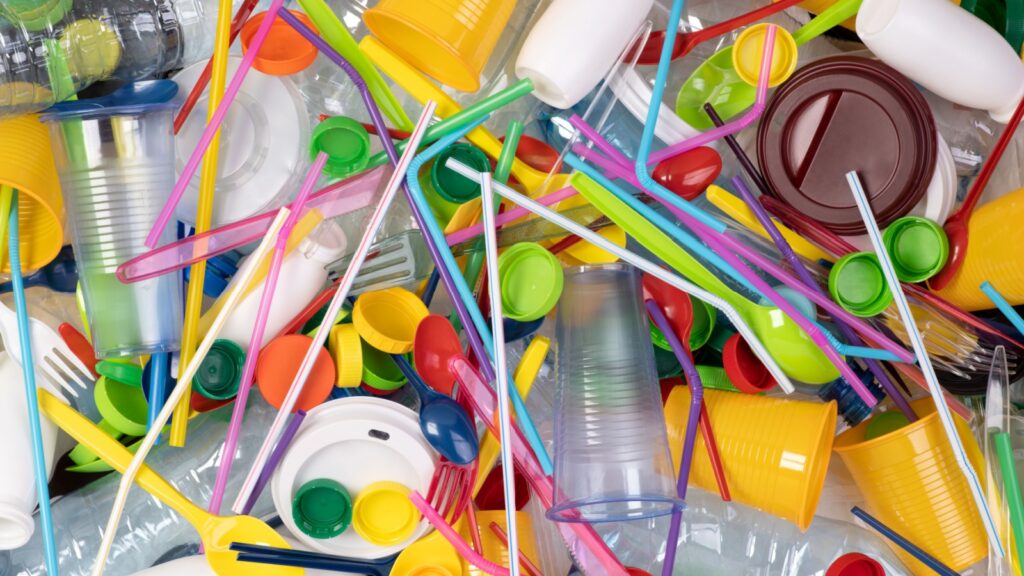Canadian households may be sitting on everyday items that could soon disappear from store shelves. With governments tightening environmental laws, safety regulations, and health standards, products once considered staples are now under scrutiny. From cleaners to gadgets, some items are facing bans, restrictions, or replacements. Canadians may soon have to rethink what’s in their cupboards, garages, and toolboxes. Here are 15 common household items that could be illegal in Canada soon:
Single-Use Plastics
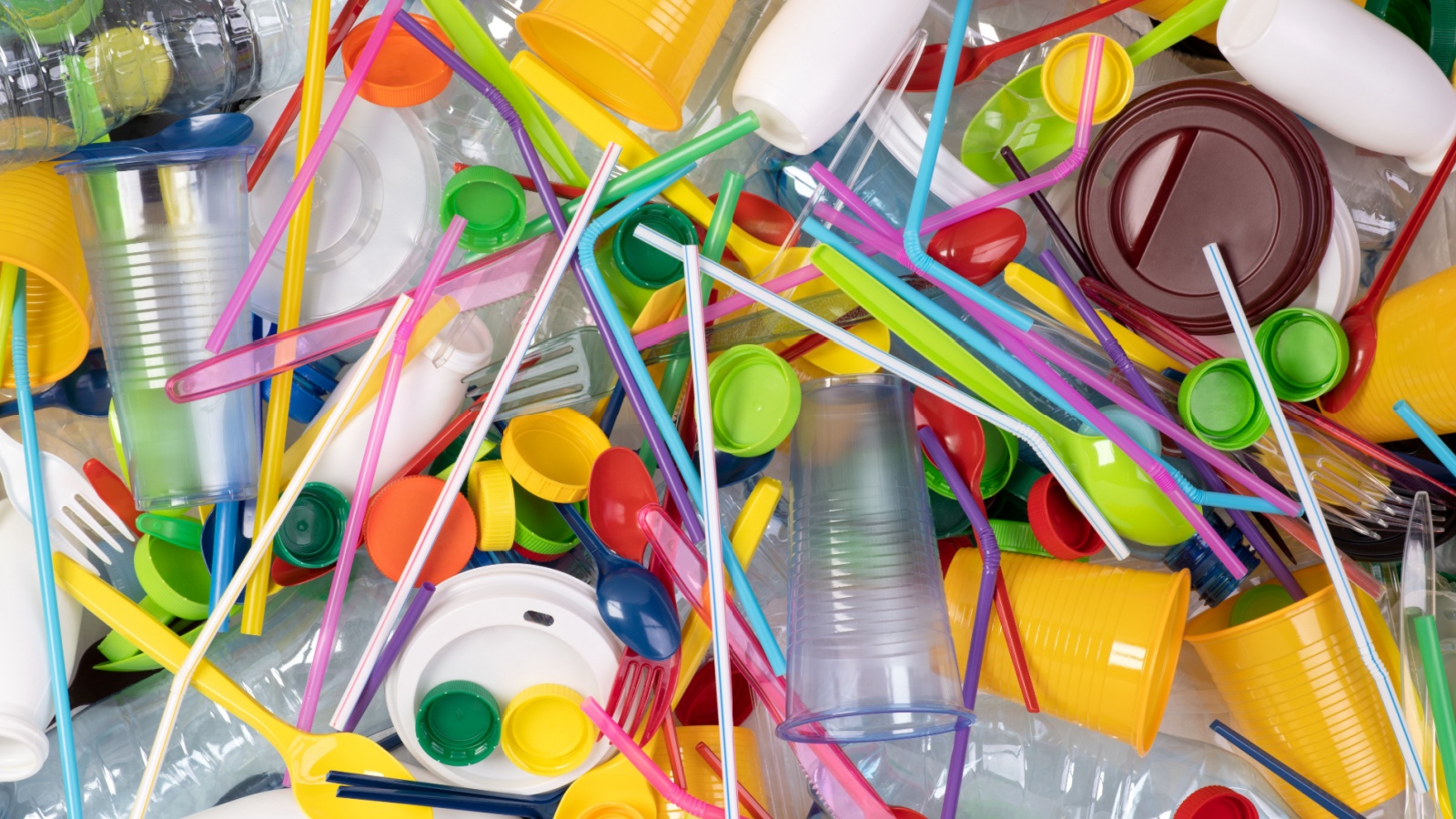
Plastic cutlery, straws, and grocery bags have already faced bans in many parts of Canada, and more restrictions are on the way. The government is pushing to phase out single-use plastics entirely, replacing them with reusable or compostable alternatives. While many Canadians have already adapted, plenty of households still rely on disposable plastics for convenience. Once considered harmless staples in kitchens and picnics, they’re now linked to pollution and climate concerns. Soon, even keeping a stash of them at home could become an issue.
Gas-Powered Lawn Equipment
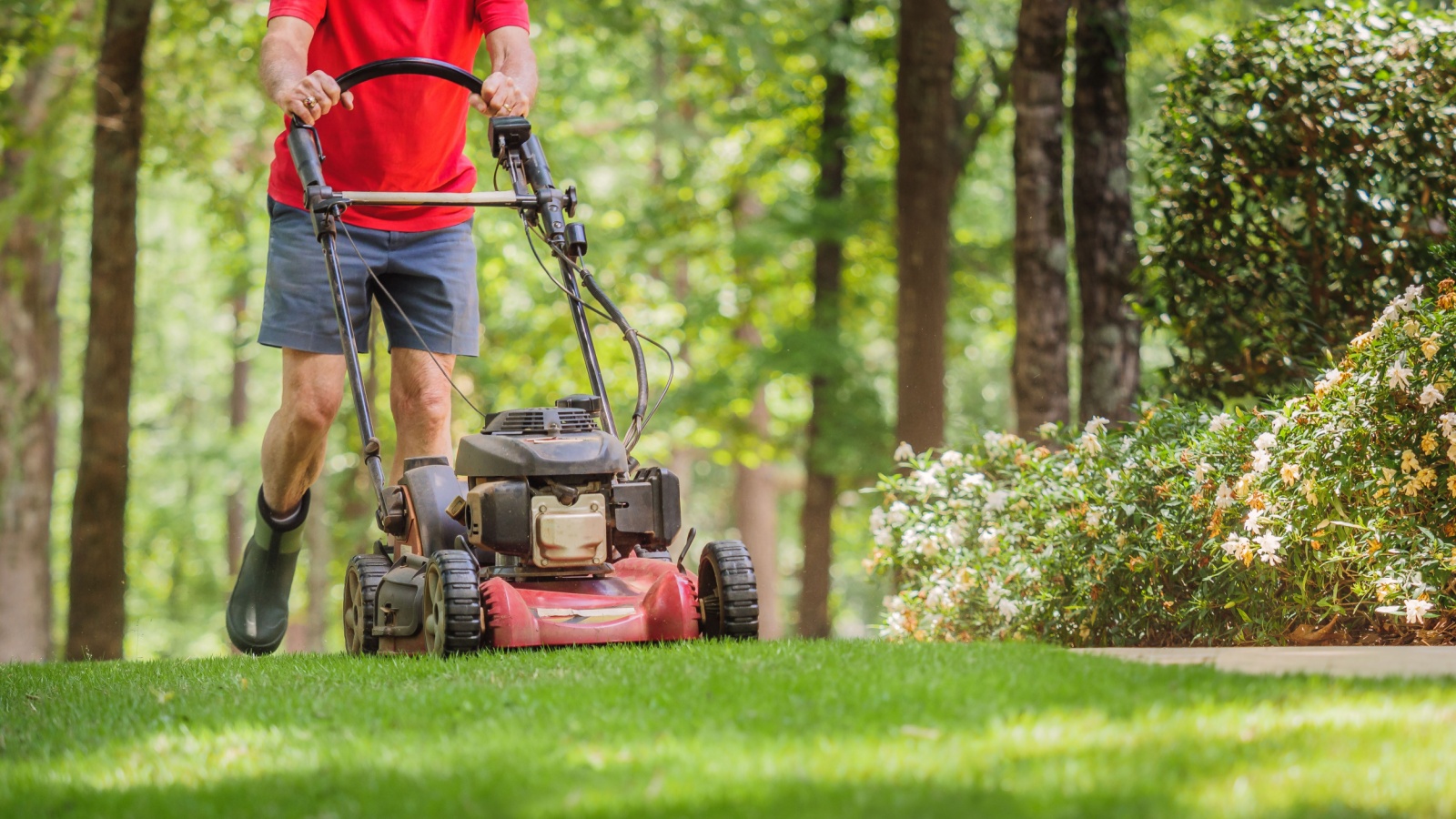
Gas-powered lawnmowers, trimmers, and leaf blowers could soon be on the chopping block. Provinces and cities are considering bans to reduce emissions and noise pollution, following similar moves in California and Europe. Battery-powered alternatives are already on the rise, but for many Canadian households, gas tools remain the norm. While convenient and powerful, their environmental impact is making them harder to justify. For homeowners used to pulling the starter cord every summer, the switch to electric models may not be optional much longer.
Incandescent Light Bulbs
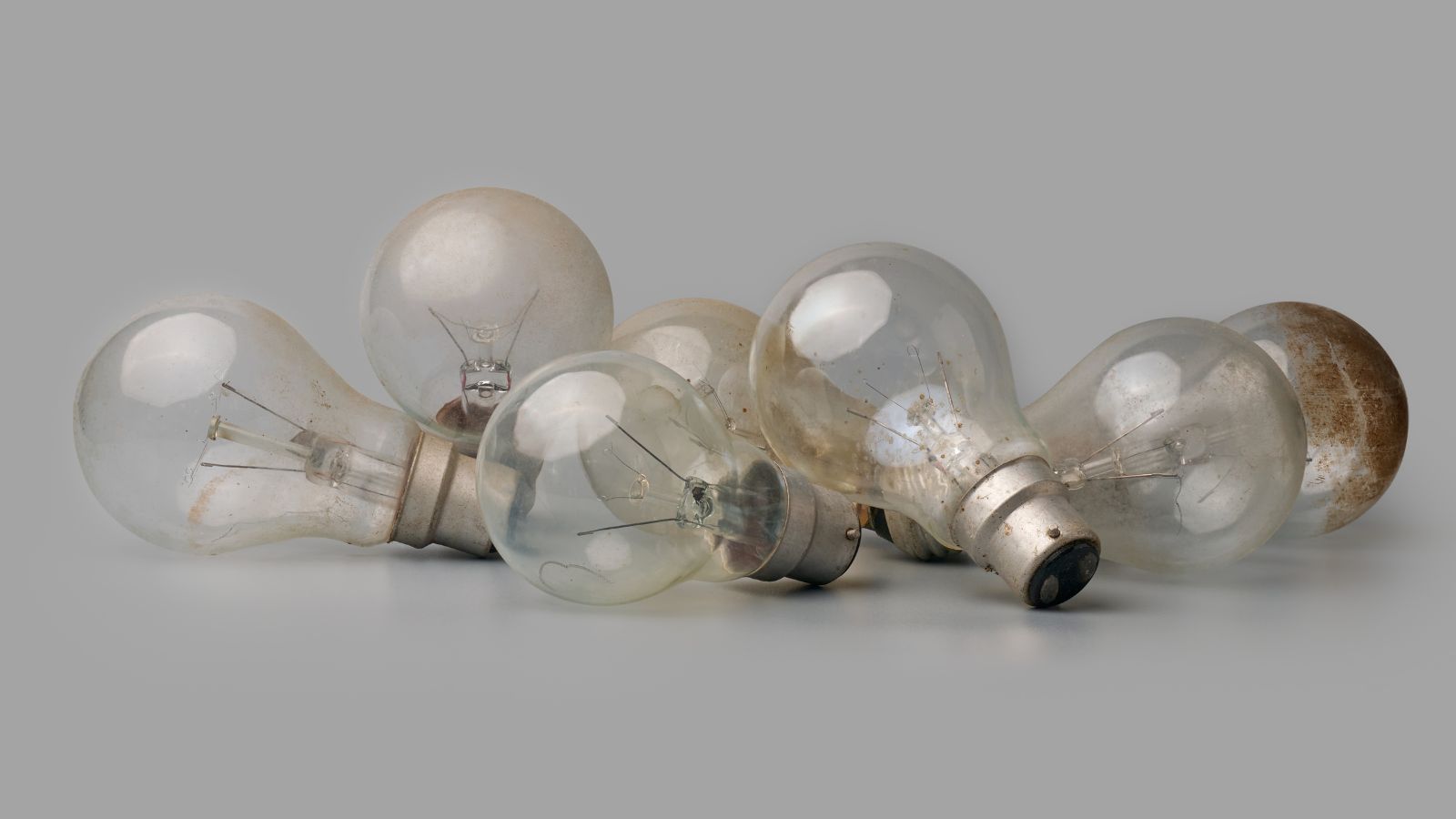
Incandescent light bulbs, once the standard in every Canadian home, are nearly phased out but still linger in some households. Government regulations are moving toward banning them entirely in favor of LED and CFL options, which last longer and use far less energy. For Canadians who prefer the warm glow of traditional bulbs, this shift feels like the end of an era. Stockpiling them won’t last forever, as supply dwindles and rules tighten. Soon, having these bulbs in everyday use could be frowned upon, if not outright illegal, in homes across the country.
Certain Cleaning Products
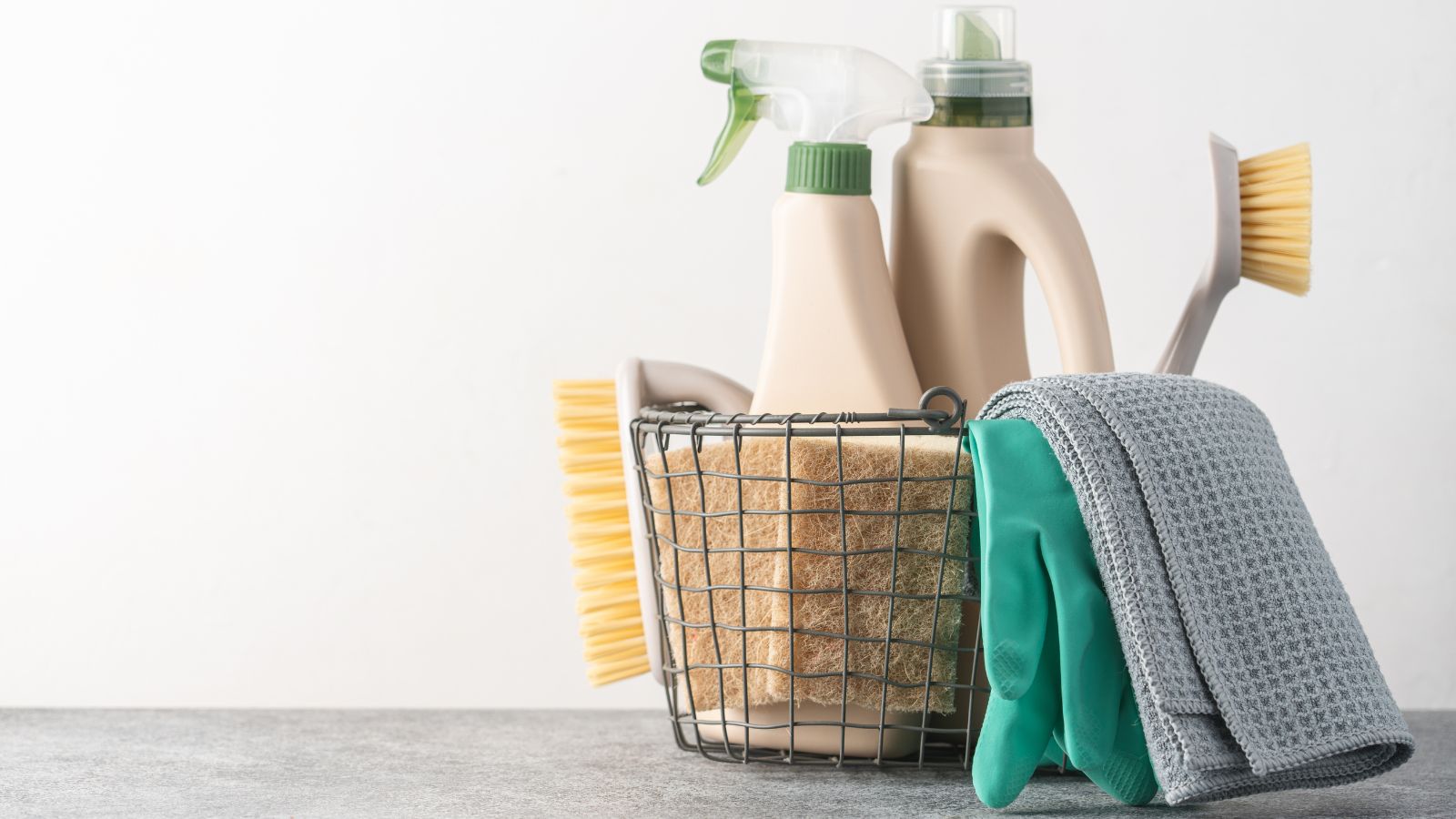
Household cleaning products containing phosphates, bleach, or harsh chemicals are under increasing scrutiny. Some provinces have already restricted their sale due to environmental concerns, particularly regarding water pollution. The federal government is reviewing even more products for potential bans, including common oven and drain cleaners, and Canadians may soon need to rely on “green” alternatives, many of which come at higher prices. For families used to the heavy-duty brands they grew up with, the shift may be inconvenient. Still, regulators argue that toxic household chemicals can’t remain in homes if Canada wants safer, cleaner living.
Wood-Burning Fireplaces
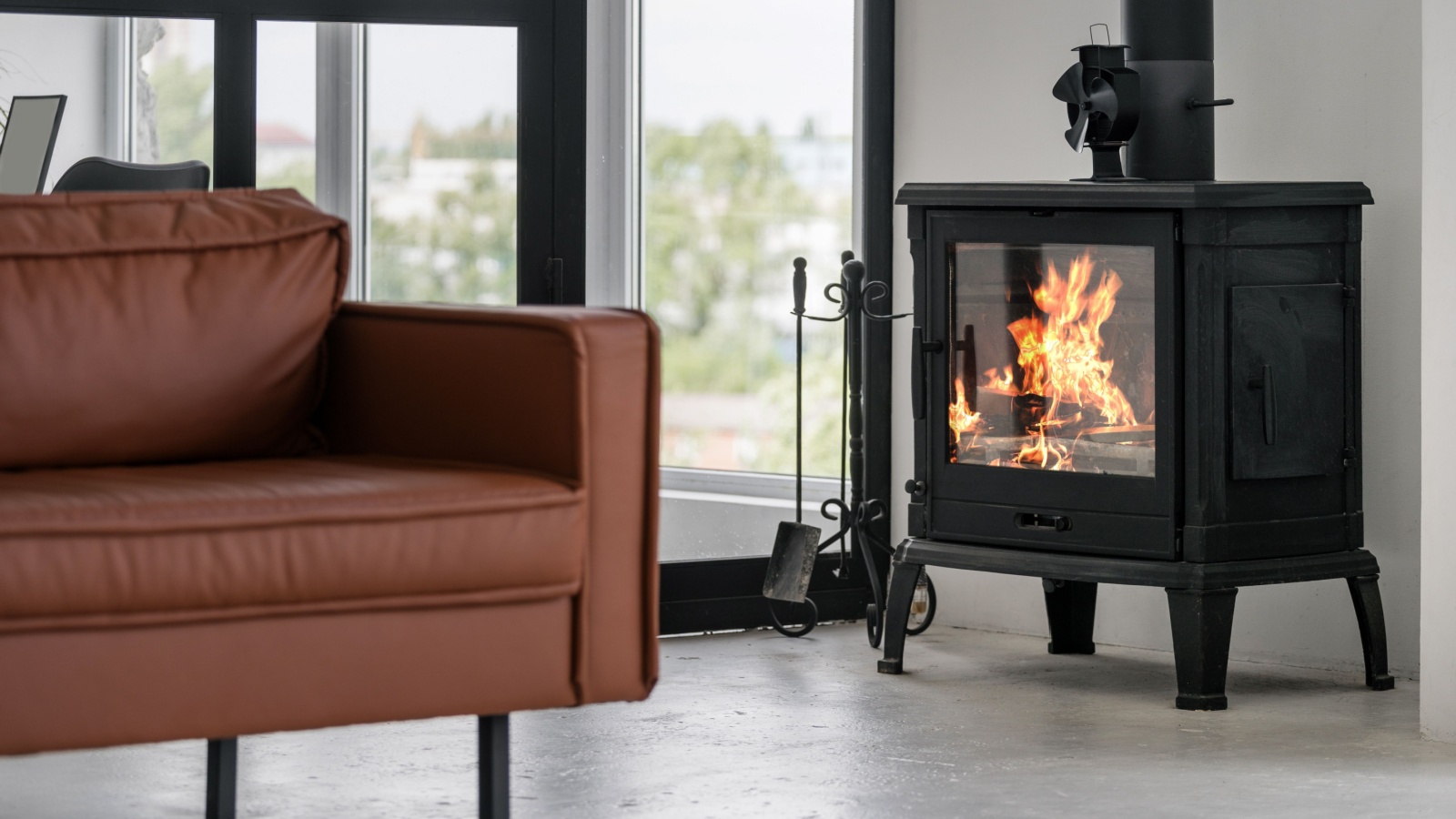
Cozy wood-burning fireplaces are staples in many Canadian homes, but their days may be numbered. Cities like Montreal have already introduced strict bans due to air quality concerns, and other municipalities are following. Fine particle emissions from wood smoke are now seen as significant health risks, and while gas and electric fireplaces remain options, the traditional crackle of burning logs may become a thing of the past. For Canadians who built memories around the hearth, it’s a difficult shift, and soon, keeping or using a wood-burning fireplace could carry legal consequences in many regions.
Old Paints and Solvents
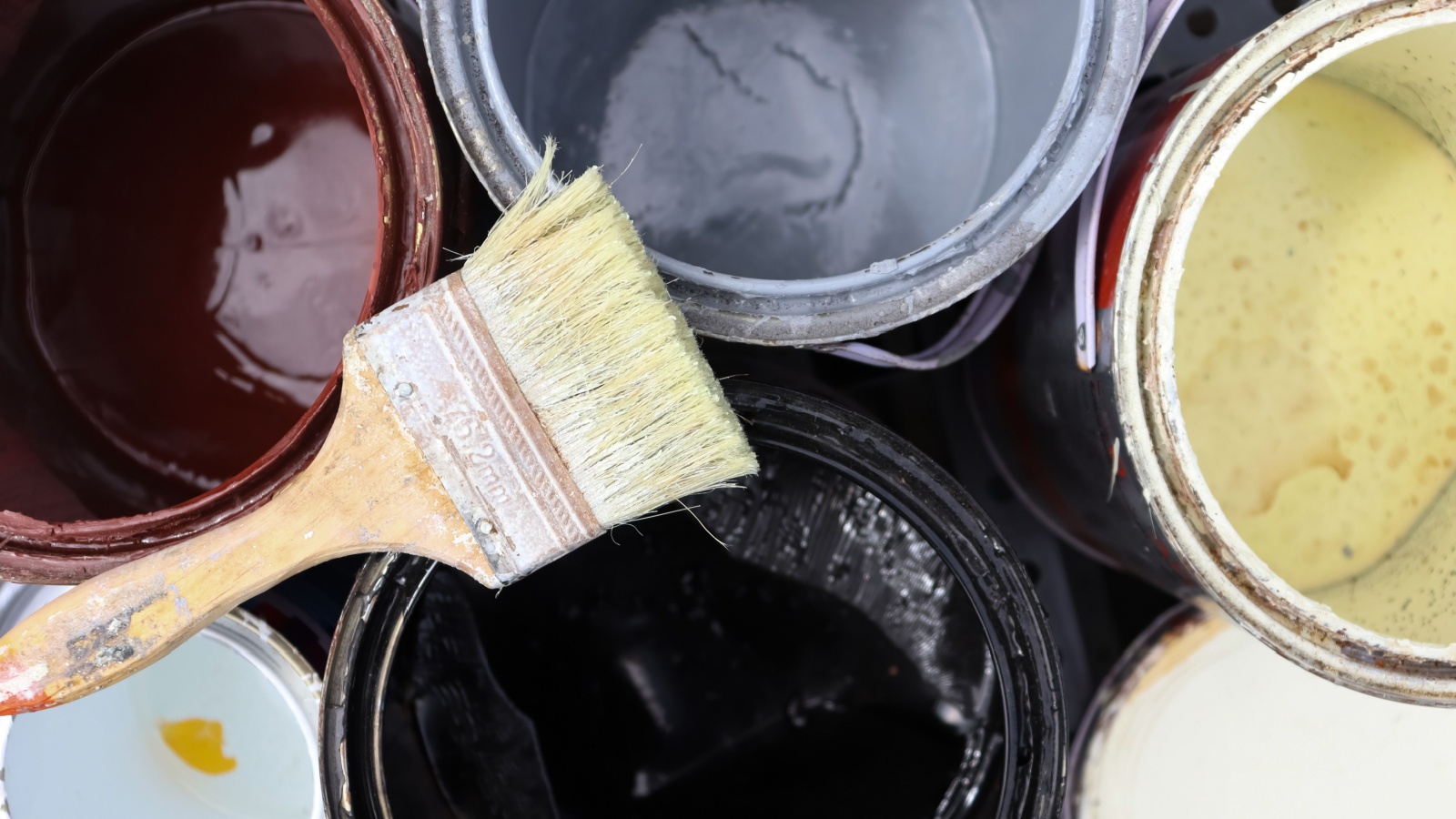
Paints, varnishes, and solvents containing high levels of volatile organic compounds (VOCs) may soon be banned nationwide. These products release harmful fumes that affect both indoor air quality and the environment. While many eco-friendly alternatives are already on the market, plenty of Canadians still have old cans sitting in basements or garages. Holding on to them could eventually become illegal as disposal rules tighten. What was once a simple weekend project supply may soon carry fines if improperly stored or used, and Canadians may need to adapt to cleaner, regulated versions going forward.
Flavored Vaping Products
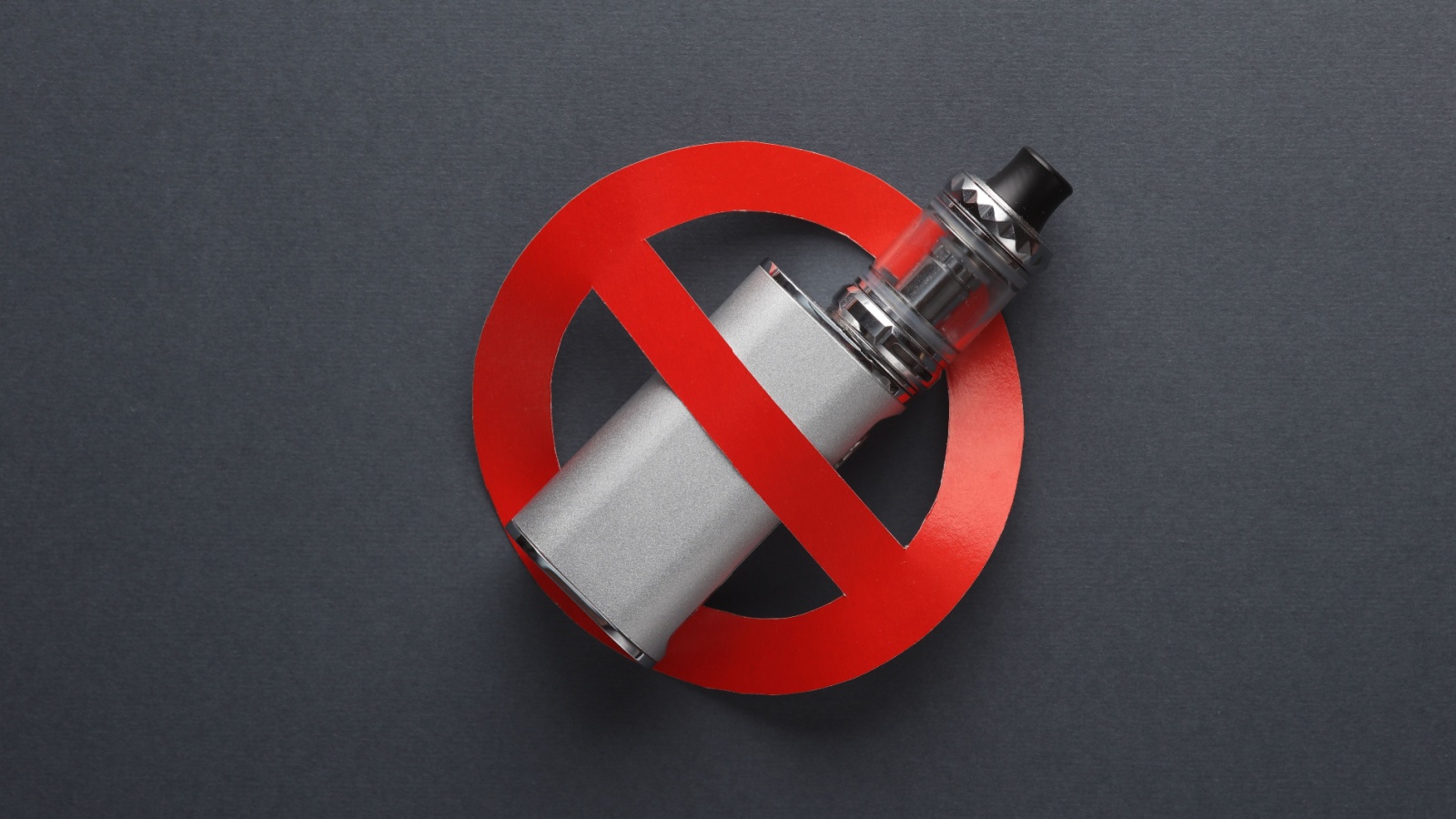
Vaping products, especially flavored varieties, are facing growing restrictions in Canada. Regulators argue that sweet or fruit flavors appeal to younger users, creating long-term health risks. Several provinces have already limited their availability, and a nationwide ban on many flavors is being considered. While not a traditional “household item”, vapes and refill pods are found in countless Canadian homes. For those who switched to vaping as an alternative to cigarettes, the crackdown may feel unfair, but it is clear that these products may not be legally available much longer, forcing Canadians to adapt.
Certain Nonstick Cookware
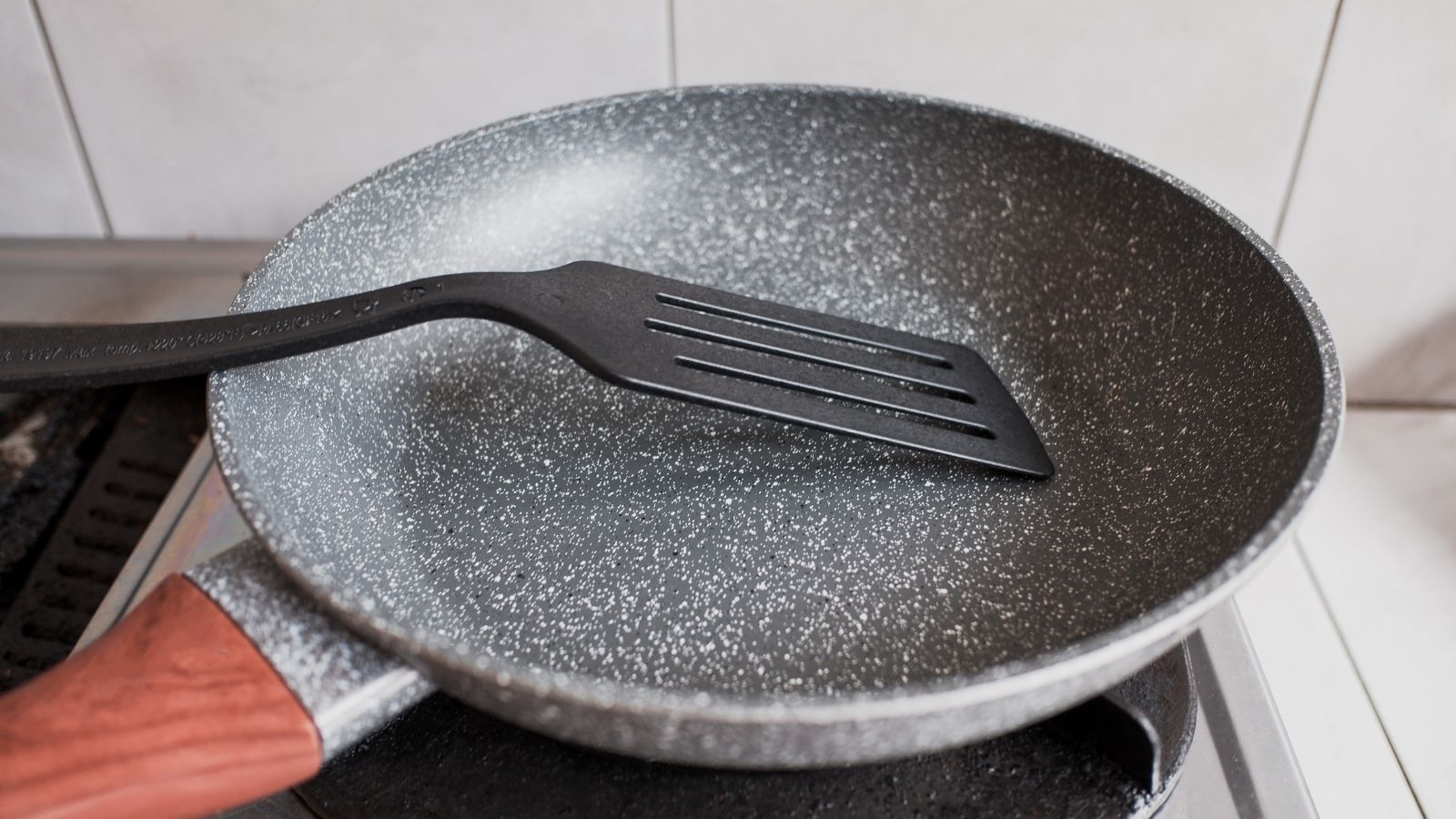
Nonstick pans made with perfluorooctanoic acid (PFOA) and other “forever chemicals” are under heavy scrutiny. Research links these coatings to health risks, and regulators in Canada are reviewing potential bans. While newer pans use safer alternatives, many Canadian kitchens still have older versions in daily use. What was once praised for convenience in cooking and cleaning is now considered hazardous. As awareness grows, owning or selling outdated nonstick cookware could soon be restricted. Canadians may need to replace trusted pots and pans, trading convenience for peace of mind and safety.
Disposable Coffee Pods
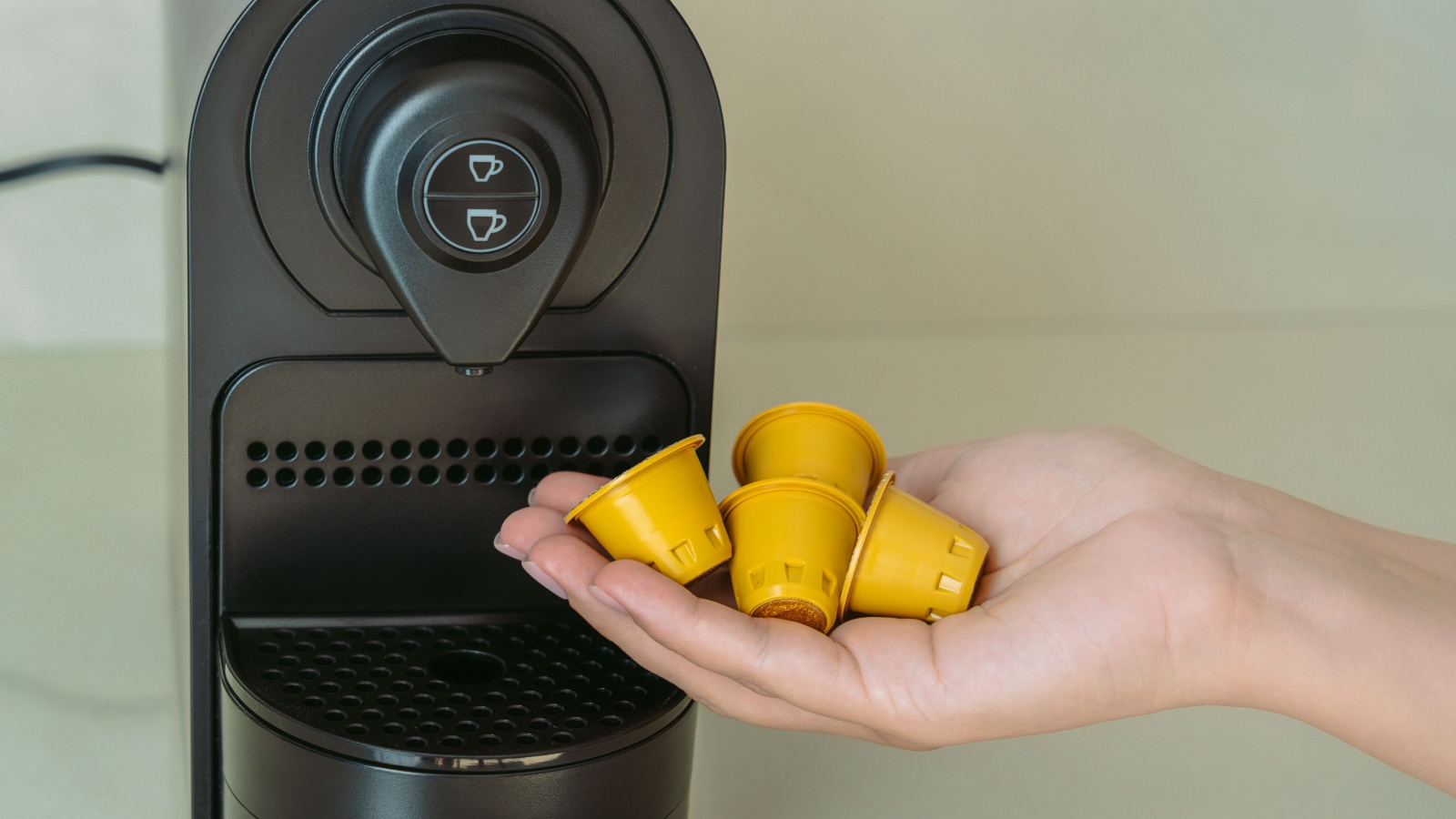
Coffee pods have become a morning staple in Canadian homes, but their environmental toll is raising alarms. Billions of single-use pods end up in landfills, and while some are recyclable, most aren’t processed properly. Municipalities and federal agencies are pushing for stricter regulations, and outright bans are being discussed. For Canadians who rely on pod machines for quick caffeine fixes, the change would be disruptive. While compostable and reusable options exist, they’re often pricier or less convenient.
Gas Stoves
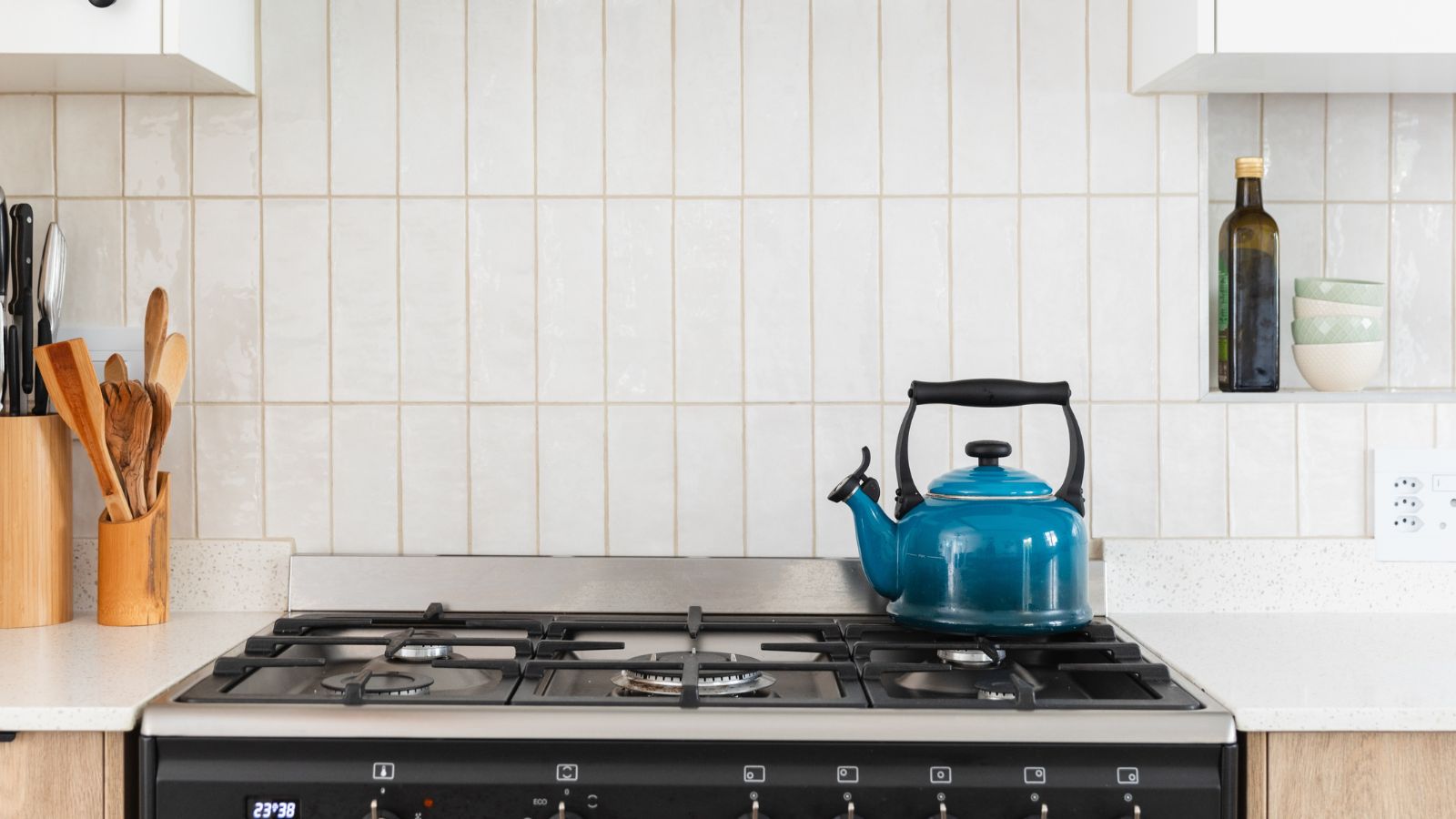
Gas stoves are beloved by home cooks, but concerns over indoor air quality and emissions are sparking regulatory debates. Studies suggest gas appliances release pollutants that can worsen asthma and other respiratory issues. Some U.S. cities have already banned them in new builds, and Canadian regulators are considering similar steps, while for households that rely on them, replacing a gas stove is a costly shift. With electric induction technology gaining ground, gas stoves may not fit into Canada’s climate and health policies much longer, potentially making them illegal in future homes.
Traditional Pest Killers
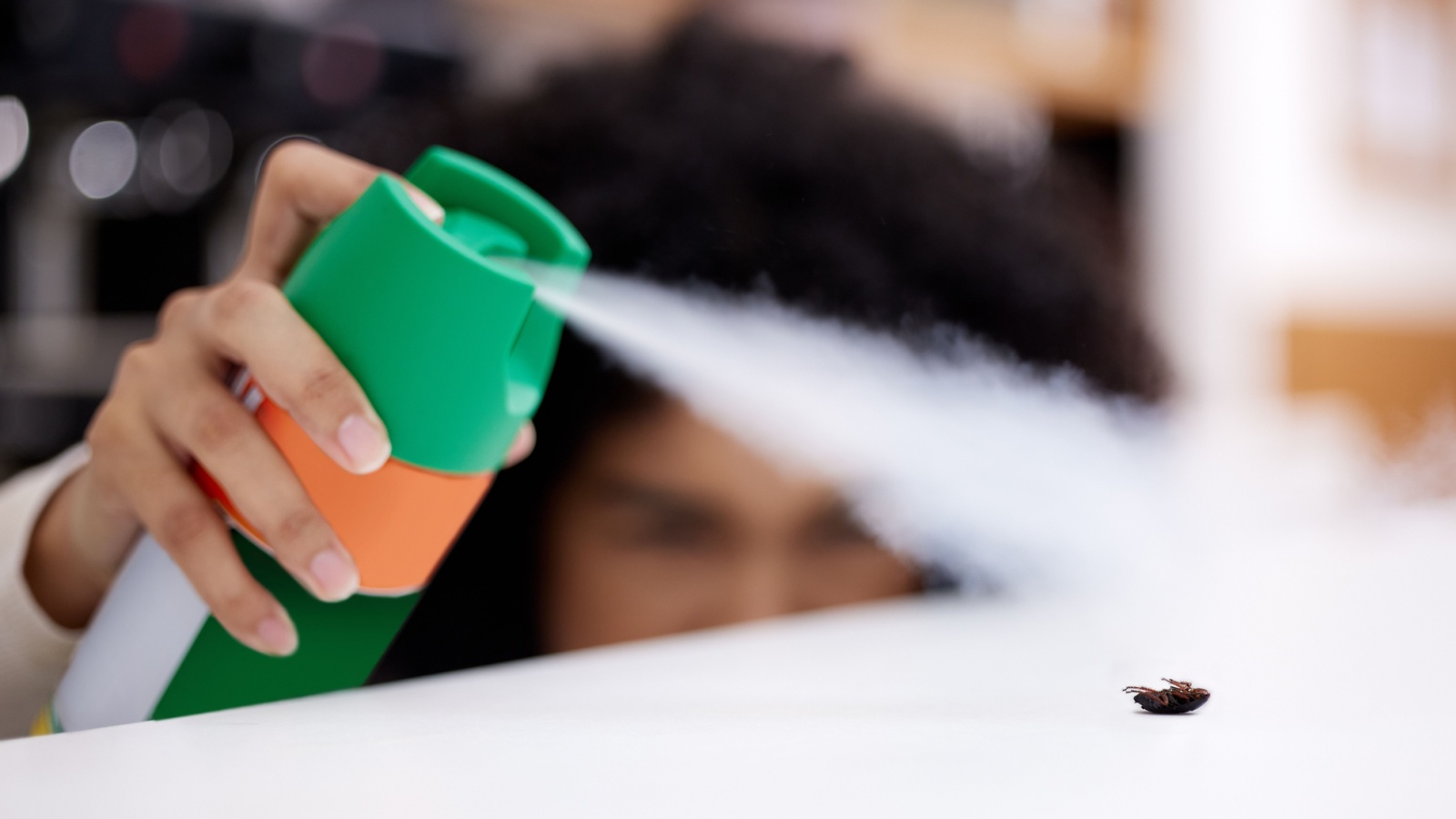
Rodenticides and chemical bug sprays that were once standard in Canadian households are being restricted. Health Canada has already banned some older formulas, and more crackdowns are expected as evidence grows about risks to pets, wildlife, and human health. Traps, sprays, and powders with harmful active ingredients could soon be illegal to buy or use, and while safer alternatives exist, they’re often less effective, leading to frustration for homeowners. The convenience of grabbing a can of chemical bug killer may soon disappear, as regulations push Canadians toward greener but slower solutions.
Halogen Lamps
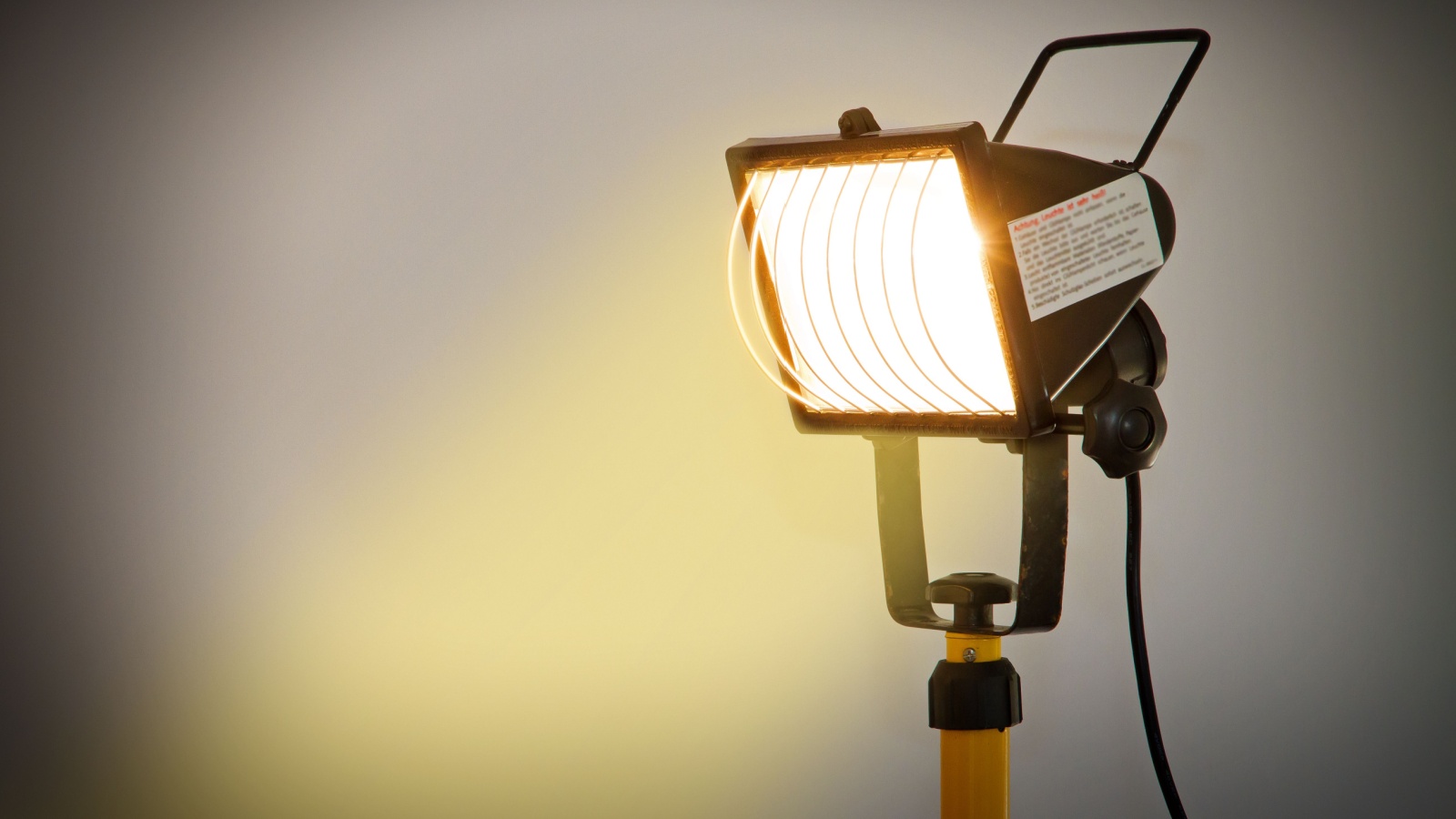
Halogen floor lamps and bulbs, once popular for their brightness and low cost, are facing bans due to inefficiency and fire risks. Several provinces are aligning with international efforts to phase them out in favor of LEDs. Many Canadian homes still have them tucked in living rooms or bedrooms, unaware they may soon be prohibited, as what was once a budget-friendly lighting choice is now seen as a hazard. Hanging onto halogen lamps could become a liability, with retailers already pulling them from shelves ahead of broader regulations.
Old Space Heaters
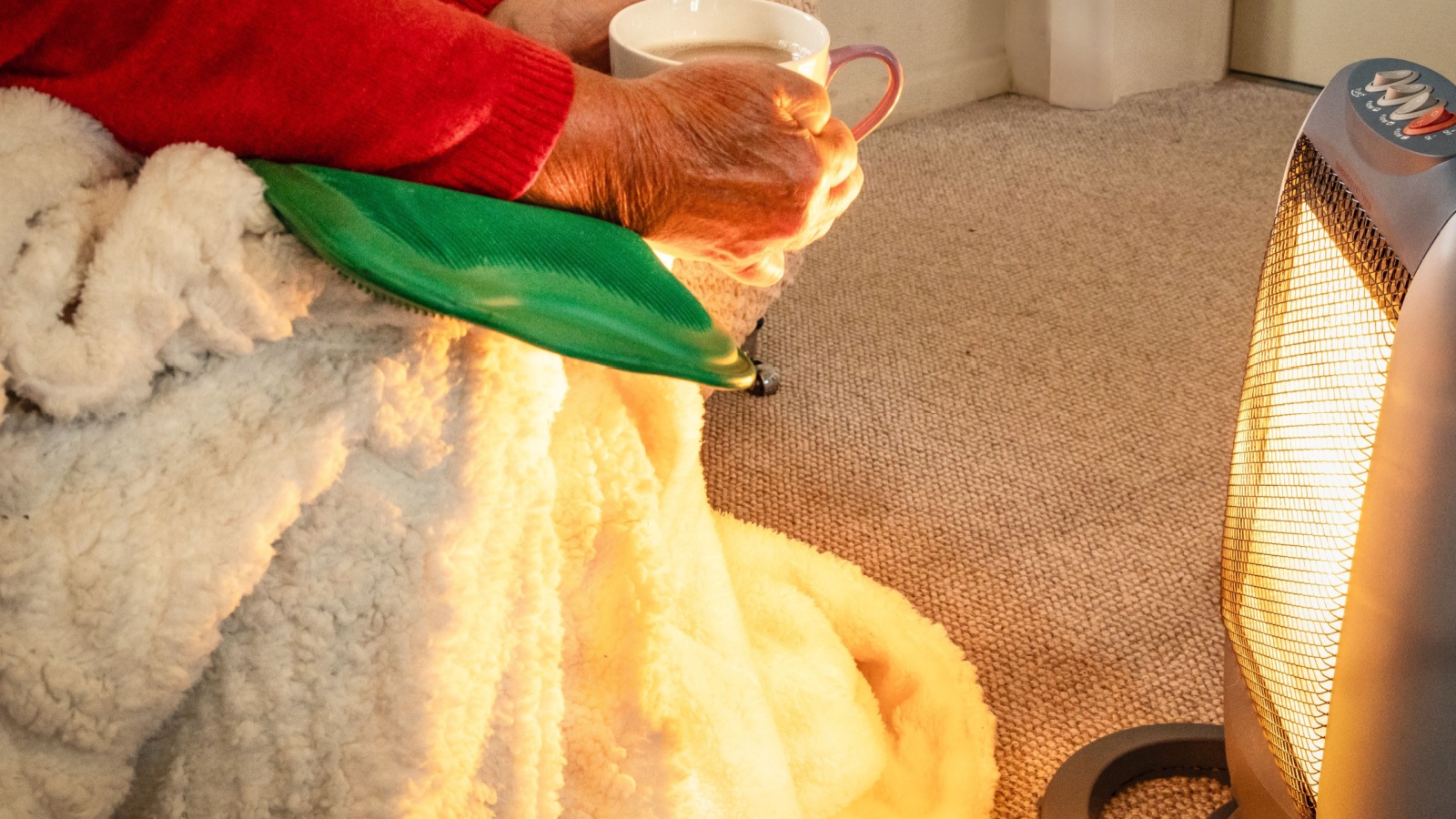
Portable space heaters that lack modern safety features are also on the list of potential bans. Older models without automatic shut-off switches or with exposed heating elements pose significant fire risks. Regulators are closely eyeing them, as household fires linked to heaters remain a common occurrence in Canada. While newer, safer models will stay legal, keeping older versions could eventually be prohibited, but for Canadians who rely on them to get through winter, it may mean replacing trusted equipment.
Traditional Light Switches with Mercury
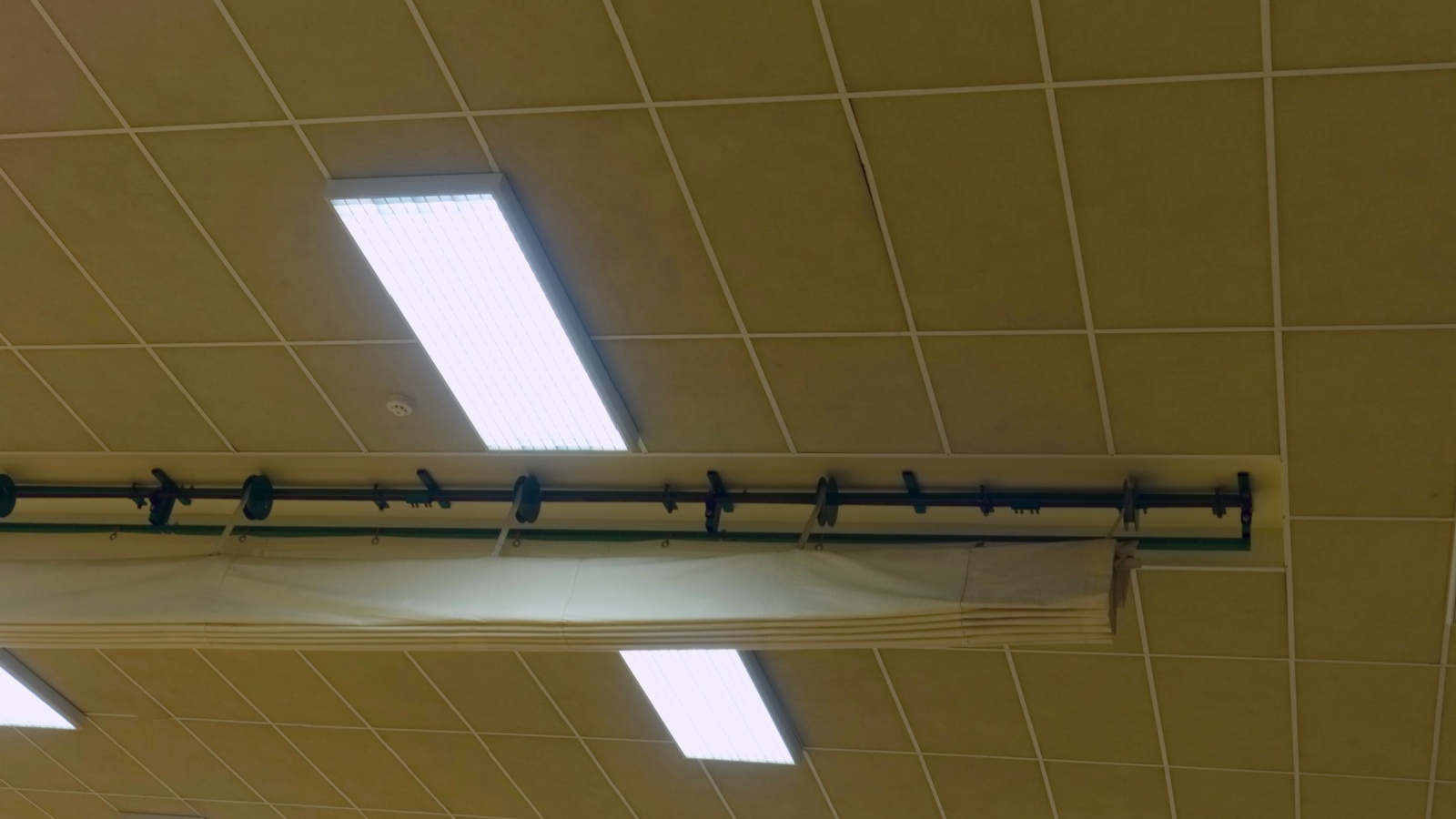
Some older-style dimmer switches and thermostats contain mercury, a toxic substance increasingly targeted by regulators. While newer designs have eliminated the issue, many Canadian households still have them in place. As provinces update building codes, these switches may soon need to be removed and replaced. What was once an unnoticed fixture in homes could soon be considered hazardous waste. The move reflects a larger trend toward eliminating hidden toxins in everyday products, even if it means Canadian homeowners face extra costs for upgrades and safe disposal.
Disposable Batteries
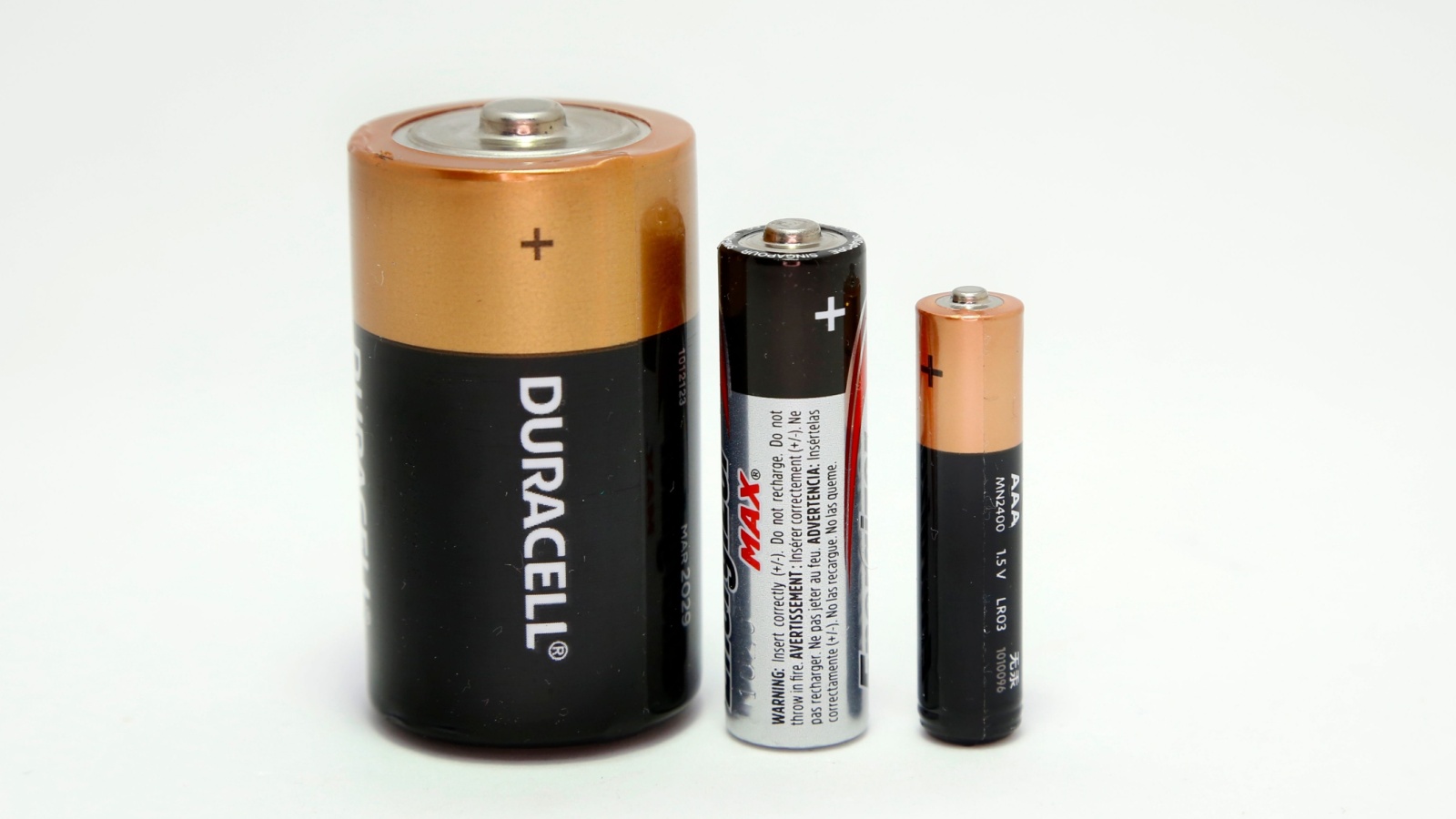
Single-use alkaline batteries are convenient but environmentally damaging, with millions tossed into Canadian landfills every year. Regulators are considering tighter restrictions, pushing households toward rechargeable alternatives. While not banned yet, some municipalities are already enforcing stricter recycling programs. For Canadians used to buying packs of batteries for remotes, toys, and flashlights, the shift may feel inconvenient at first. However, with climate commitments in play, it’s clear that disposable batteries’ days are numbered, and using them casually at home may not just be wasteful, it could also be illegal.
21 Products Canadians Should Stockpile Before Tariffs Hit

If trade tensions escalate between Canada and the U.S., everyday essentials can suddenly disappear or skyrocket in price. Products like pantry basics and tech must-haves that depend on are deeply tied to cross-border supply chains and are likely to face various kinds of disruptions
21 Products Canadians Should Stockpile Before Tariffs Hit
